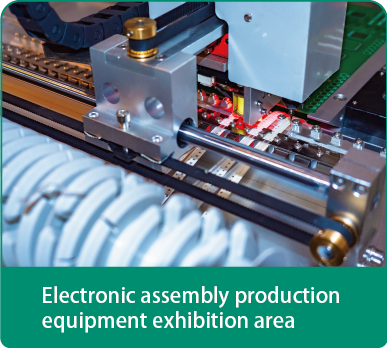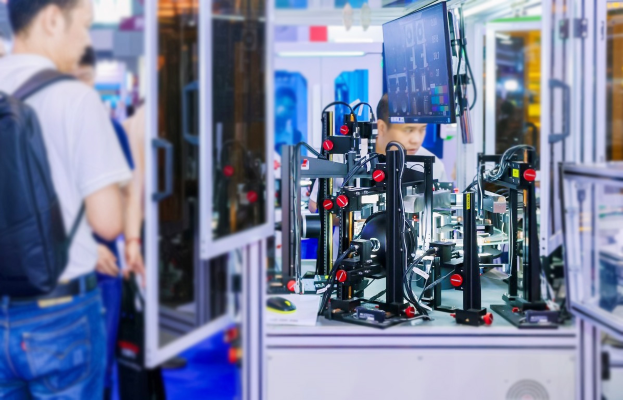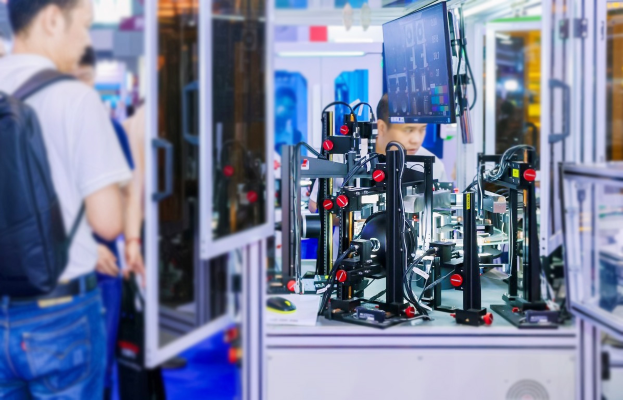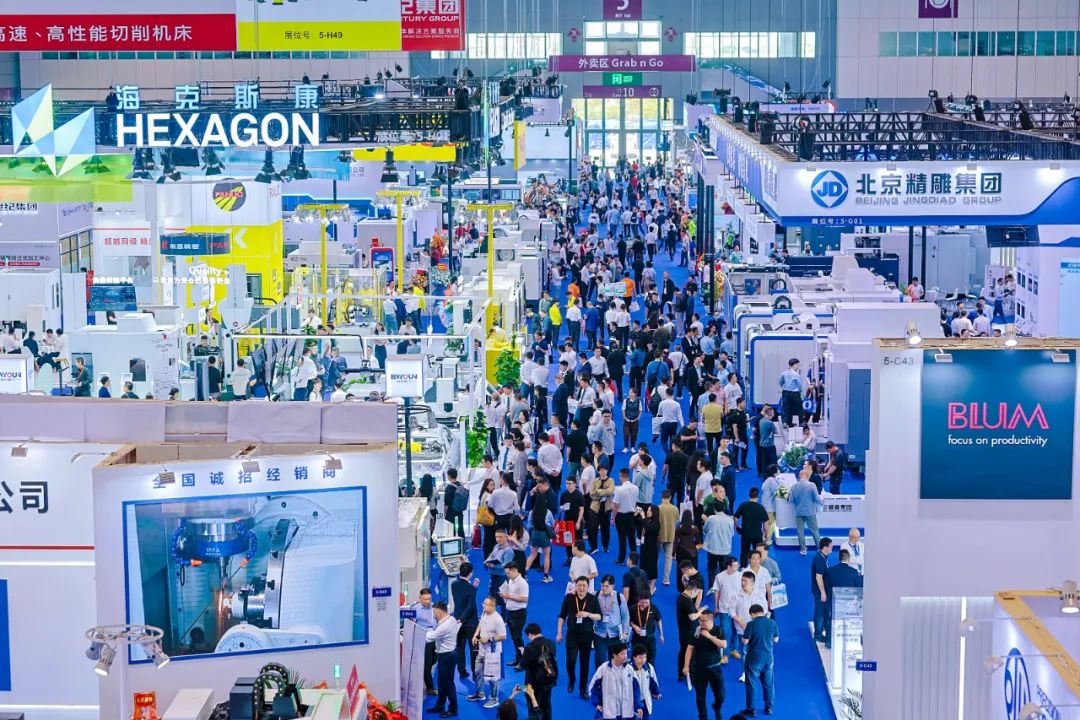Exploring Biodegradable Materials in Electronics Manufacturing at ITES
【Introduction】 Exploring Biodegradable Materials in Electronics Manufacturing at ITES
Exploring Biodegradable Materials in Electronics Manufacturing at ITES
At ITES, the Shenzhen International Industrial Manufacturing Technology and Equipment Exhibition, we are dedicated to showcasing cutting-edge innovations that drive the electronics manufacturing industry forward. One of the most exciting topics discussed at our electronic manufacturing expo is the exploration of biodegradable materials in electronics manufacturing. As sustainability becomes increasingly important, our commitment to eco-friendly practices aligns with the industry's need to explore greener solutions.

The Need for Biodegradable Materials
In today's world, the importance of sustainable practices cannot be overstated. The electronics manufacturing industry has traditionally relied on plastics and non-biodegradable materials, which contribute significantly to environmental pollution. At the electronic manufacturing expo, we highlighted the urgency for manufacturers to adopt biodegradable alternatives that minimize ecological footprints.
During this year's expo, industry leaders shared insights about the growing consumer demand for environmentally friendly products. Our discussions emphasized how incorporating biodegradable materials into electronics can reduce waste and improve recyclability. By embracing these innovative materials, manufacturers can not only enhance their sustainability efforts but also meet the expectations of environmentally conscious consumers.
Innovations in Biodegradable Materials
One of the standout features of the electronic manufacturing expo was the presentation of groundbreaking innovations in biodegradable materials suitable for electronics. We showcased various companies that have developed biodegradable plastics, biopolymers, and other eco-friendly materials designed for use in electronic devices.
Exhibitors displayed prototypes and case studies demonstrating how these materials perform comparably to traditional options in terms of durability and functionality. For example, some companies presented advancements in plant-based polymers that can replace petroleum-based plastics without compromising product quality. This innovation paves the way for a new era of electronics manufacturing that prioritizes sustainability without sacrificing performance.
Collaboration and Future Outlook
Collaboration emerged as a key theme at the ITES electronic manufacturing expo when discussing biodegradable materials. Manufacturers, researchers, and technology developers must work together to explore new applications and refine existing biodegradable solutions. We facilitated networking opportunities to connect stakeholders interested in advancing sustainability in electronics.
During the expo, panel discussions focused on the importance of cross-industry collaboration to overcome challenges related to sourcing, production, and consumer acceptance of biodegradable materials. The collective efforts of industry players can accelerate the development of innovative solutions that align with environmental standards and consumer preferences.
Conclusion
By actively understanding the need for eco-friendly alternatives, we can foster a collective awareness about the environmental impact of traditional electronic materials, which often contribute to significant waste and pollution. The exploration of biodegradable materials—such as bioplastics, organic compounds, and sustainable composites—offers promising pathways for reducing the carbon footprint of electronic devices while maintaining functionality and performance standards. Through our expo, we aim to highlight these innovative materials, demonstrating their potential benefits and applications in real-world scenarios.




